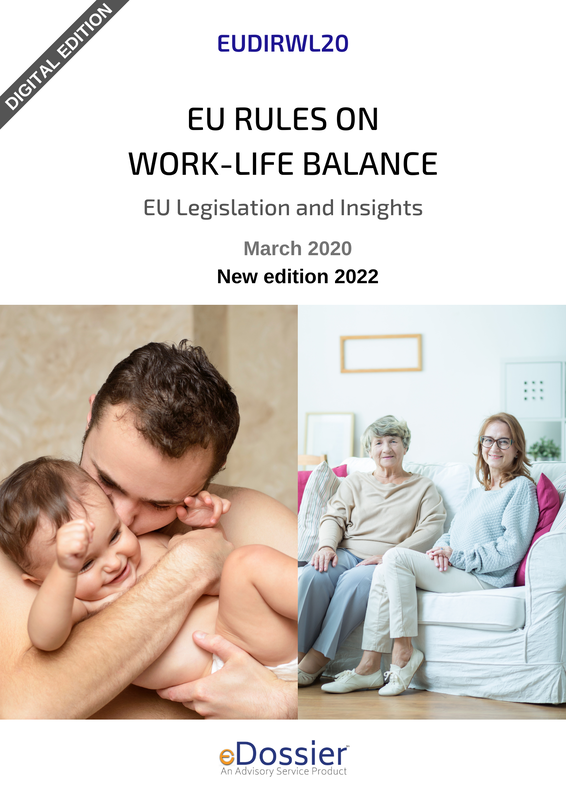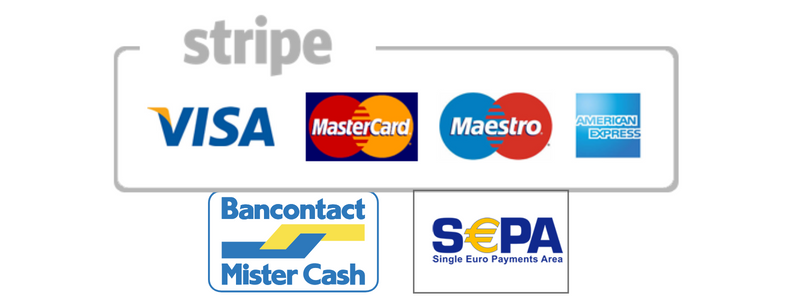|
|
EUDIRWL20 - EN
EU RULES ON
|
Summary
On 2nd August 2022, the EU Directive on work-life balance come into force. All Member States should to transpose it into national legislation.
To modernise the existing legal framework, the Directive will preserve existing rights and build on them with improved and new rights for both women and men. The Directive fully respects the individual freedom of workers and families and does not prevent Member States from providing for higher standards where desired. This Directive adds new measures aimed at strengthening the application of the Maternity leave Directive while leaving the rights granted under its provisions intact.
In addition, the Directive introduces non-legislative measures to address lack of sufficient or adequate care services or to tackle economic disincentives to work for second earners. It aims to assist Member States in their national reforms and promote a change of mind-sets at organisational and societal level.
The EU provides funding under EaSI fund (fully described in this publication with links to the EU resources).
The Commission organises and supports seminars for sharing best practices with social partners and Member States on:
To modernise the existing legal framework, the Directive will preserve existing rights and build on them with improved and new rights for both women and men. The Directive fully respects the individual freedom of workers and families and does not prevent Member States from providing for higher standards where desired. This Directive adds new measures aimed at strengthening the application of the Maternity leave Directive while leaving the rights granted under its provisions intact.
In addition, the Directive introduces non-legislative measures to address lack of sufficient or adequate care services or to tackle economic disincentives to work for second earners. It aims to assist Member States in their national reforms and promote a change of mind-sets at organisational and societal level.
The EU provides funding under EaSI fund (fully described in this publication with links to the EU resources).
The Commission organises and supports seminars for sharing best practices with social partners and Member States on:
- gender-balanced uptake of family leaves and flexible working arrrangements,
- initiatives such as labels and certifications for employers with good work-life
- balance practices,
- smooth transition between leaves and employment (e.g.provision of
- breastfeeding facilities at the workplace),
- crediting of family-related leave periods in the pension system.
* Paas Cloud based
This publication is a Product-as-a-Service (PaaS), a combination of products accompanied by a service, but with one-time fee. It can be consulted on the Cloud, at any time, wherever you are and for a period of 1 year. You accede with computers, tablets or smartphones, with any OS.
We offer a PaaS product to give it a multiple life cycle. This means ownership is not transferred, as the company is now responsible for providing a better product, providing constant updates and changes throughout a full year.
This publication is a Product-as-a-Service (PaaS), a combination of products accompanied by a service, but with one-time fee. It can be consulted on the Cloud, at any time, wherever you are and for a period of 1 year. You accede with computers, tablets or smartphones, with any OS.
We offer a PaaS product to give it a multiple life cycle. This means ownership is not transferred, as the company is now responsible for providing a better product, providing constant updates and changes throughout a full year.




